
Banking
World’s Best Investment Bank Awards 2024
Last year, investment bankers fondly recalled to Global Finance the glory of 2021 when deal values enjoyed a peak of...
Global news and insight for corporate financial professionals
Join the global community of corporate and public-sector finance industry leaders reading Global Finance monthly in print.
Click Here
Banking

Sustainable Finance

Banking

Transaction Banking
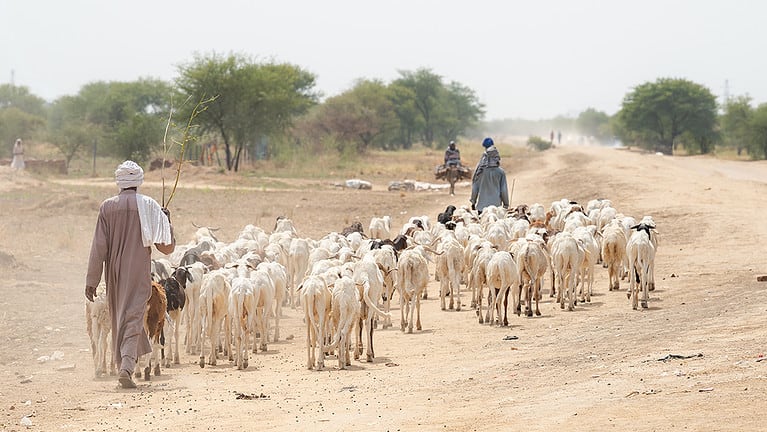
Economic Data

Banking
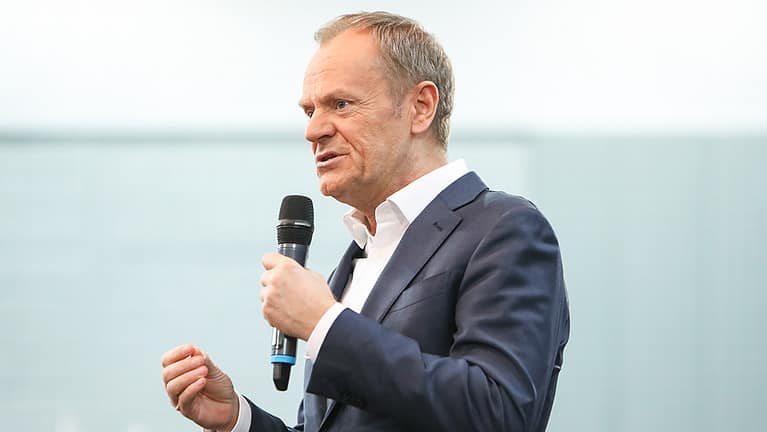
Economics, Policy & Regulation
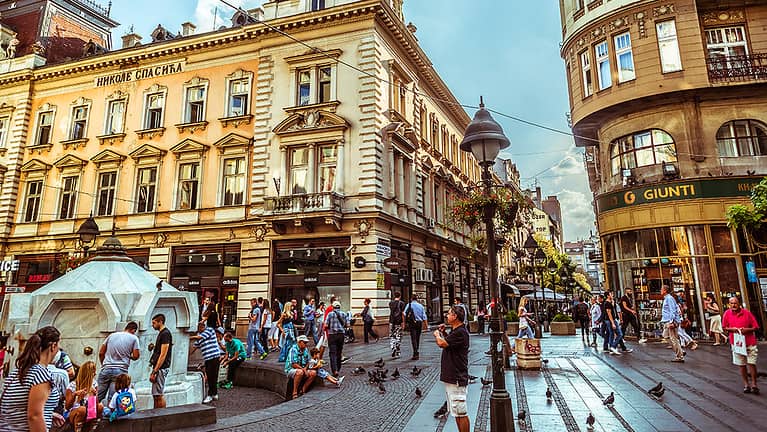
Economics, Policy & Regulation

Banking

Banking
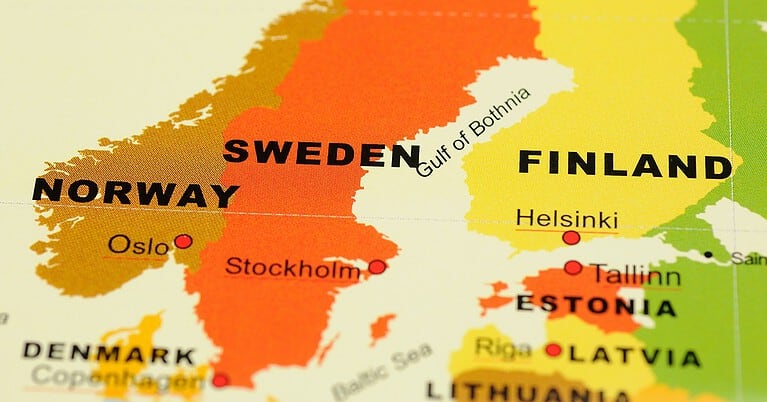
Technology
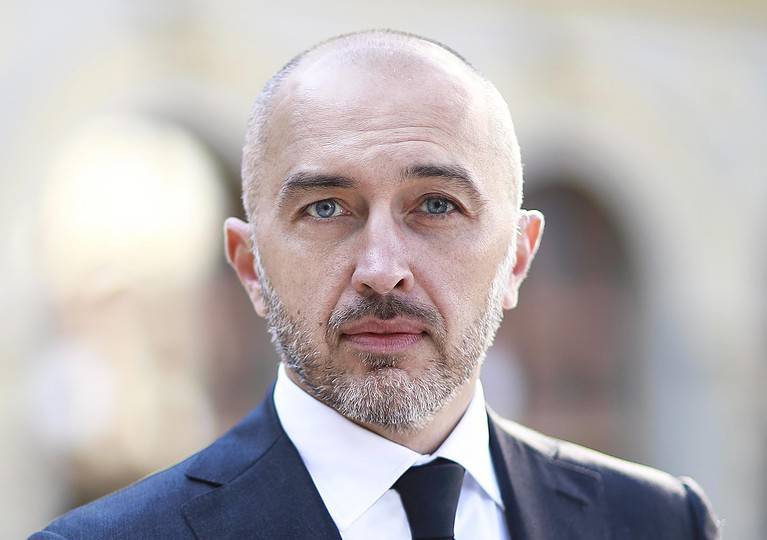
Economics, Policy & Regulation